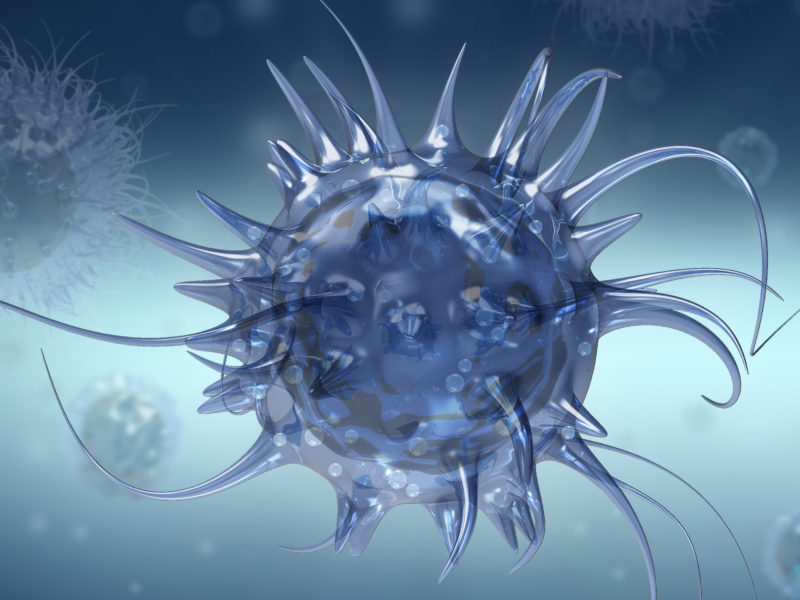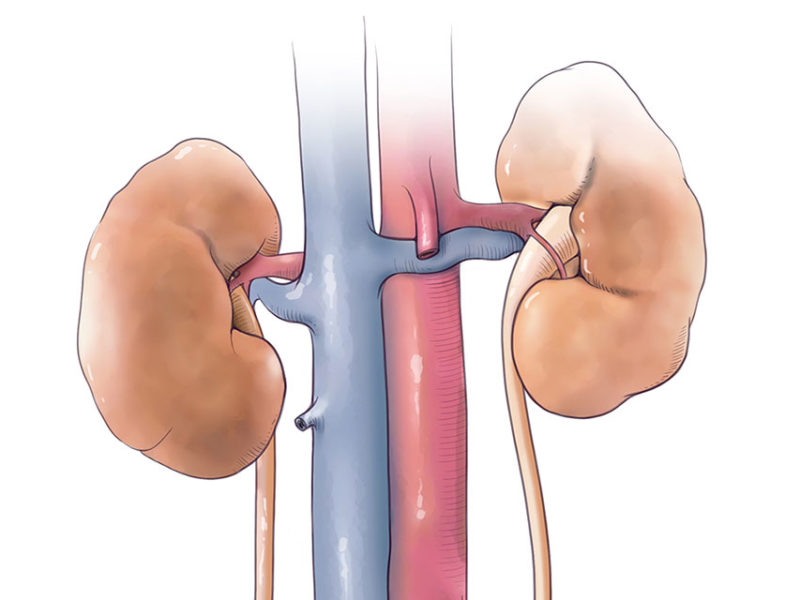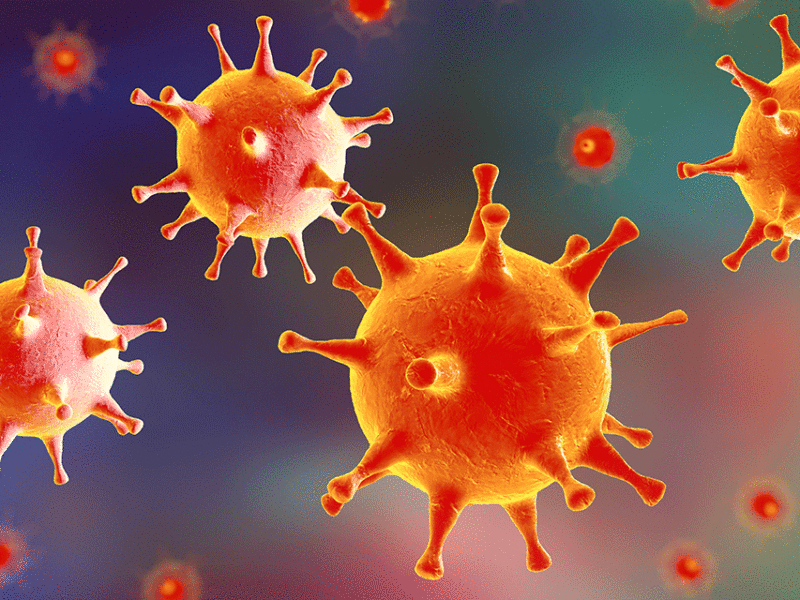Is Growth Hormone Replacement Safe Following Central Nervous System Tumors?
Is Growth Hormone Replacement Safe Following Central Nervous System Tumors? https://pediatricsnationwide.org/wp-content/uploads/2021/03/AdobeStock_4366150-1024x683.jpg 1024 683 Mary Bates, PhD Mary Bates, PhD https://secure.gravatar.com/avatar/c6233ca2b7754ab7c4c820e14eb518c8?s=96&d=mm&r=g- May 31, 2023
- Mary Bates, PhD

Research suggests the benefits of growth hormone therapy outweigh the risks for pediatric cancer survivors.
In a new review paper, researchers from Nationwide Children’s Hospital evaluated the risks and benefits associated with administering growth hormone to pediatric patients after diagnosis of a central nervous system tumor. The authors conclude that the therapy has many important health benefits and does not appear to increase the risk of tumor recurrence or secondary malignancy.
In pediatric patients, tumors of the central nervous system may cause growth hormone deficiency, either as a direct result of tumor location or as a consequence of surgery or radiation therapy.
Although growth hormone is primarily regarded as being essential for linear growth, it also impacts metabolism, says Rohan Henry, MD, MS, a pediatric endocrinologist at Nationwide Children’s and one of the paper’s coauthors.
“Evidence from case reports, cross-sectional studies and basic science research together provide overwhelming evidence that growth hormone has profound effects on metabolic function,” he says. “Even after the growing years, growth hormone continues to affect cholesterol, lipid profile and quality of life.”
Despite the many beneficial effects of growth hormone, there is some hesitancy to use it in patients with a history of central nervous system tumors, due to the perceived increased risk of tumor recurrence.
In the new paper, a collaboration between neuro-oncologists and endocrinologists, Dr. Henry and coauthors reviewed the literature on growth hormone replacement and cancer risk.
“The data are not entirely consistent or extensive, but pooling available results, we believe that in most cases, risk of tumor recurrence after growth hormone therapy is very low in patients with a history of central nervous system tumors,” says Margot Lazow, MD, MS, a pediatric neuro-oncologist at Nationwide Children’s and coauthor of the paper.
Further research on growth hormone targets within tumor cells may one day help clinicians identify tumors at the highest risk for recurrence after growth hormone therapy.
“Going forward, we may have histologic and molecular assays that enable us to say with more certainty, and with biologic rationale, that a tumor does not have growth hormone receptor targets, thus making us even more confident that it should not recur if a patient receives growth hormone replacement,” says Dr. Lazow, who is also an assistant professor of pediatrics at The Ohio State University College of Medicine.
In the meantime, the multiple benefits of growth hormone replacement are well recognized, and data is insufficient to connect it to tumor recurrence, says Dr. Henry, who is also an associate professor of pediatrics at The Ohio State University College of Medicine. “As clinicians, we need to communicate to our patients and their families that growth hormone is not just for growth promotion, it’s for metabolic functions even after the patient is done growing.”
Reference:
Ronsley R, Lazow M, Henry RK. Growth hormone after CNS tumor diagnosis: the fundamentals, fears, facts, and future directions. Pediatric Hematology and Oncology. 2023 Mar 20:1-14. doi: 10.1080/08880018.2023.2190765.
About the author
Mary a freelance science writer and blogger based in Boston. Her favorite topics include biology, psychology, neuroscience, ecology, and animal behavior. She has a BA in Biology-Psychology with a minor in English from Skidmore College in Saratoga Springs, NY, and a PhD from Brown University, where she researched bat echolocation and bullfrog chorusing.
- Mary Bates, PhDhttps://pediatricsnationwide.org/author/mary-bates-phd/December 27, 2016
- Mary Bates, PhDhttps://pediatricsnationwide.org/author/mary-bates-phd/
- Mary Bates, PhDhttps://pediatricsnationwide.org/author/mary-bates-phd/
- Mary Bates, PhDhttps://pediatricsnationwide.org/author/mary-bates-phd/
- Posted In:
- Clinical Updates
- In Brief
- Research






